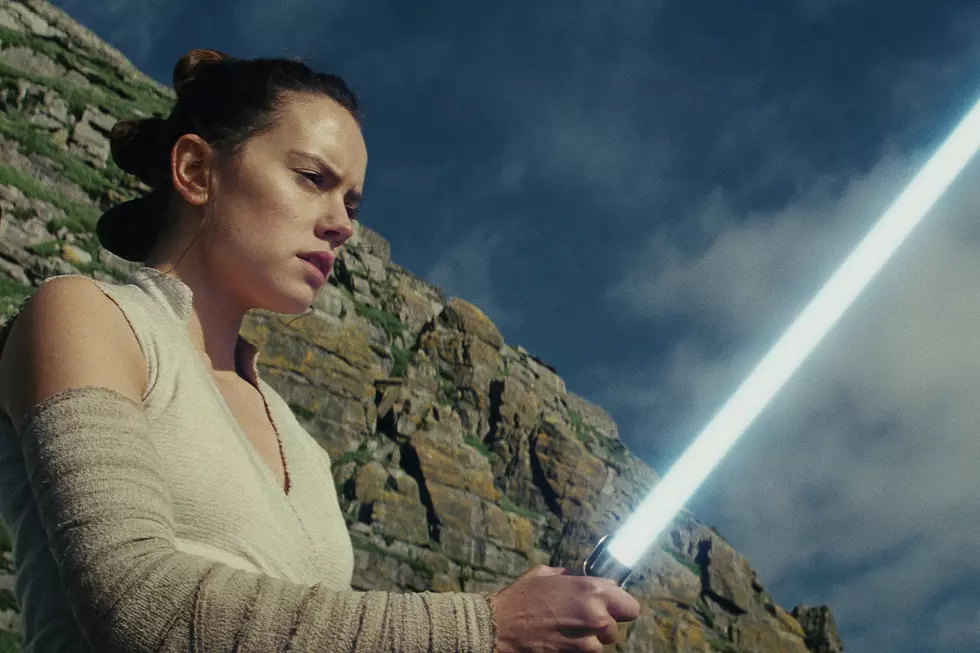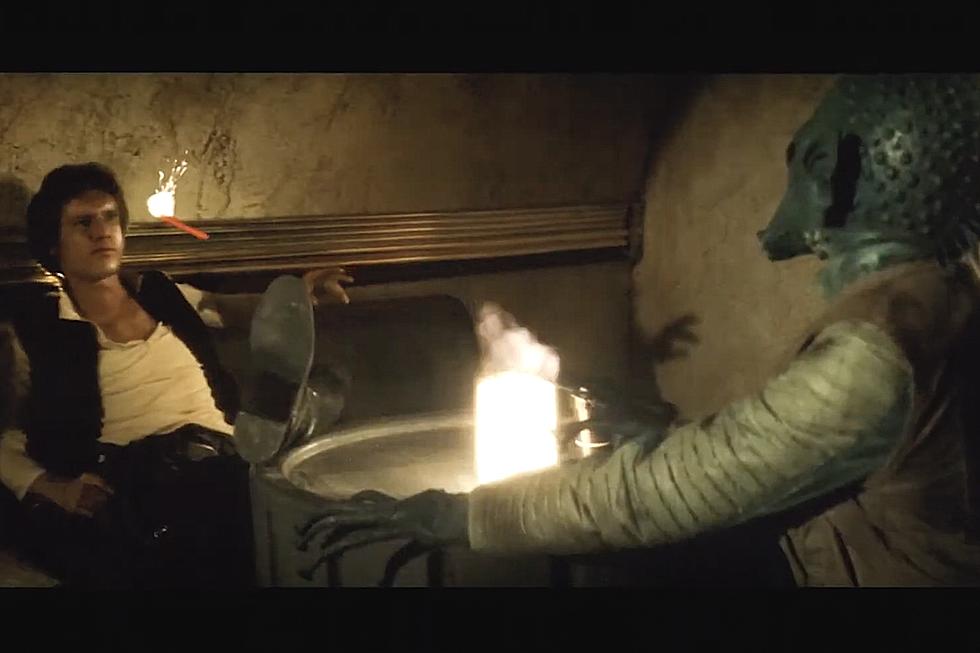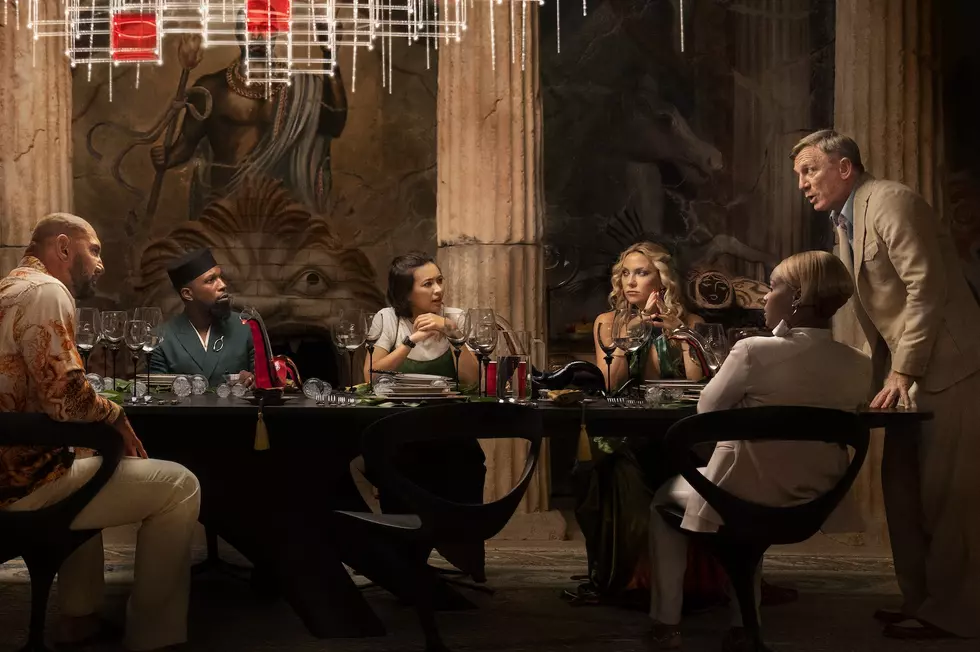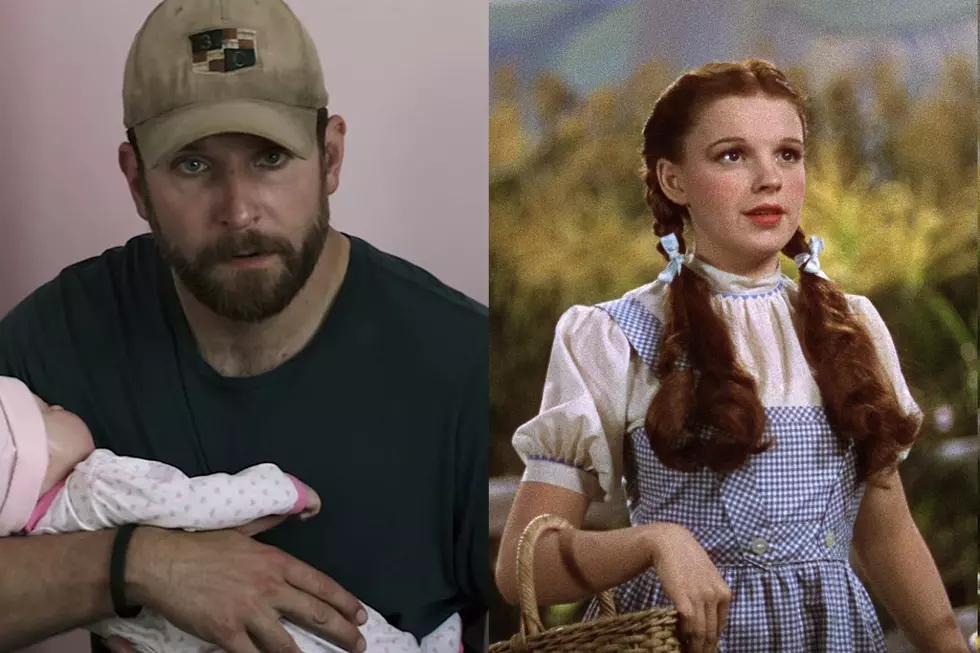
More Than Half of ‘The Last Jedi’ Backlash Was Amplified By Russian Trolls, A New Study Suggests
A lot of people really hated The Last Jedi. So many were infuriated with Rian Johnson’s Star Wars movie that the backlash even led to an online petition calling the film a “travesty” that destroyed the legacy of Luke Skywalker – LOL, k – that asked Disney to remove the film from the official franchise canon. But what if some of those Episode VIII haters weren’t even real people?
A new study (h/t The Hollywood Reporter) dives into The Last Jedi online backlash and the negative tweets that swarmed Johnson’s Twitter account in the weeks and months following the film’s release. Most astonishingly, the study finds evidence that more than half of the negative online responses to The Last Jedi weren’t even from humans, but as the study suggests, likely Russian trolls.
The paper, titled Weaponizing the haters: The Last Jedi and the strategic politicization of pop culture through social media manipulation, comes from USC Annenberg research fellow Morten Bay. In it he finds evidence of “deliberate, organized political influence measures disguised as fan arguments.” For the study, Bay examined 967 tweets that were tweeted directly at the director between December 13, 2017 and July 20 of this year. Some of the accounts tweeting things like “You ruined Star Wars!” at the director were from real people, but Bay found that 50.9 percent of those tweets were “likely politically motivated or not even human,” but from bots, sock puppets or troll accounts.
So why would a bunch of bot accounts pretend to be The Last Jedi haters? To exploit and heighten media coverage of backlash against a beloved piece of pop culture, and according to Bay, used as “attempts to manipulate Star Wars fans as part of a political persuasion.” In the paper’s abstract Bay writers this would further “propagat[e] a narrative of widespread discord and dysfunction in American society.” The louder the backlash over one of the most successful film franchises, the more the U.S. appears to be divided and in chaos – and remember, the film opened just barely a year in to Trump's presidency, an already tumultuous and divided time in American politics. He expands on the connections to motivations of the alt-Right movement and Russian Federation further in the abstract:
Persuading voters of this narrative remains a strategic goal for the U.S. alt-right movement, as well as the Russian Federation. The results of the study show that among those who address The Last Jedi director Rian Johnson directly on Twitter to express their dissatisfaction, more than half are bots, trolls/sock puppets or political activists using the debate to propagate political messages supporting extreme right-wing causes and the discrimination of gender, race or sexuality. A number of these users appear to be Russian trolls. The paper concludes that while it is only a minority of Twitter accounts that tweet negatively about The Last Jedi, organized attempts at politicizing the pop culture discourse on social media for strategic purposes are significant enough that users should be made aware of these measures, so they can act accordingly.
Bay does acknowledge that not all of the negative reactions are from bots or political trolls of course, noting in the study that there are certainly many real moviegoers who simply dislike the movie. His study also explores how some angry fans have accused Lucasfilm of politicizing the Star Wars franchise with the new trilogy, but he writes it’s more likely that the “polarization of the Trump era has politicized the fans.”
The whole study is a fascinating read, whether you’re a Star Wars fan, a Last Jedi objector, or just someone interested in how online spaces, even ones around movies, are growing increasingly political. You can read the full study online. Rian Johnson is planning to.
Gallery – Every Star Wars Movie Ranked:
More From Idaho’s Talk Station










